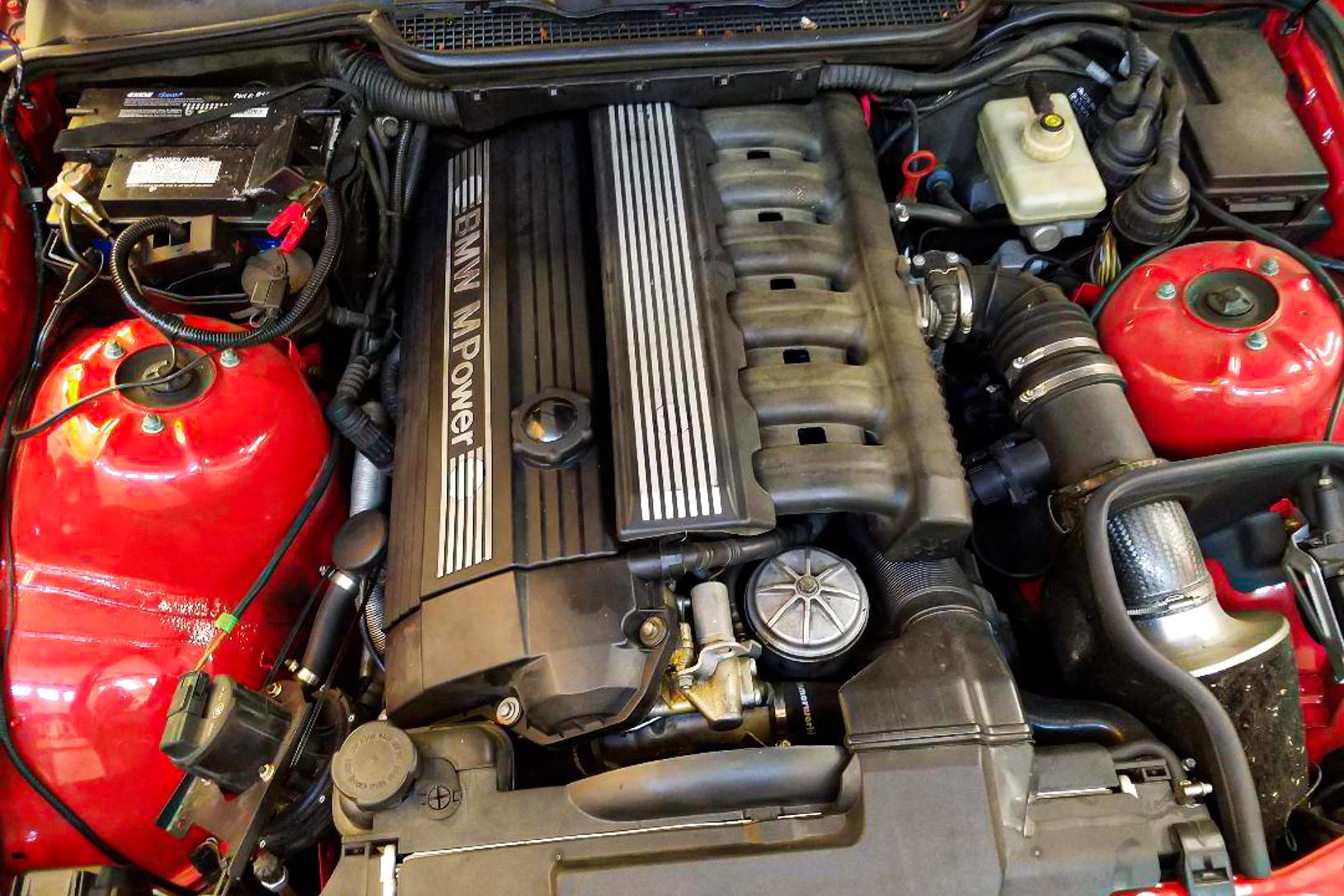Essential Factors To Consider for Selecting the Ideal Engine for Your Demands
In the realm of selecting the suitable engine to satisfy your needs, several critical aspects demand thorough consideration to make certain optimal efficiency and efficiency. From the nuanced balance between power and efficiency to the often-overlooked aspects of maintenance and solution requirements, each aspect plays a pivotal function in figuring out the most appropriate engine for your details needs. As the intricacy of engine technologies proceeds to advance, discerning one of the most suitable option requires a deep understanding of the interaction between numerous considerations. By checking out the intricate internet of factors that underpin this decision-making process, a more clear path arises in the direction of selecting an engine that not only satisfies but surpasses your expectations.
Power and Efficiency
When reviewing engines for optimum efficiency, it is vital to focus on both power result and performance. Power result gauges the capability of an engine to produce energy, which directly affects its efficiency. A high power outcome is necessary for demanding jobs such as high-speed requirements or durable applications. It guarantees that the engine can deal with the workload effectively and successfully. Nonetheless, power alone is not enough; effectiveness plays a considerable role in determining the overall efficiency of an engine. Efficiency describes just how well the engine converts fuel right into functional power. An extra reliable engine will deliver far better gas mileage, reduced exhausts, and minimized operating expenses. Striking the right balance in between power outcome and efficiency is vital to choosing an engine that fulfills your certain needs. When making this decision, it is essential to think about aspects such as the intended use of the engine, ecological impact, and lasting cost implications. By meticulously reviewing both power and efficiency, you can pick an engine that delivers ideal efficiency and meets your demands efficiently.
Gas Efficiency and Economy
Fuel efficiency refers to the engine's capability to transform fuel into power with minimal waste, directly affecting operating expenses and ecological sustainability. Engines with greater gas efficiency not just minimize fuel expenditures however additionally lower carbon discharges, adding to a greener operation.

Compatibility and Application
Taking into consideration the fuel effectiveness and economy of an engine, the next vital aspect to address is its compatibility and application within details operational contexts. Compatibility refers to how well the engine incorporates with the general system or devices it powers.
Different engines are made for specific purposes, whether it be commercial equipment, aquatic vessels, automobiles, or power generators. Recognizing the intended application allows for the option of an engine that can provide the needed power output, torque, and functional attributes.
Upkeep and Service Needs
Upkeep and service needs play a vital role in making certain the long life and optimum efficiency of an engine. Normal maintenance is necessary to avoid break downs, expand the life expectancy of the engine, and preserve its performance. When selecting an engine, it is crucial to take into consideration the producer's recommended upkeep timetable and read here the availability of service facilities or certified professionals.
Elements such as the regularity of oil adjustments, filter substitutes, and total inspections can significantly affect the engine's efficiency. Some engines may require even more frequent maintenance based upon their design and use, while others might have longer periods between maintenance checks. It is essential to comply with these solution requirements to stay clear of costly fixings and unanticipated downtime.

Price and Spending Plan Considerations
Budget restraints frequently play a significant duty in the decision-making process when choosing an engine for a specific application. When thinking about the cost and spending plan ramifications of picking an engine, it is necessary to analyze not just the initial acquisition price yet likewise the lasting expenditures related to maintenance, fuel usage, and potential upgrades or repairs. It is critical to strike an equilibrium in between the upfront expense of the engine and its general lifecycle expenses to make sure that the selected engine stays financially lasting throughout its operational lifespan.
Variables such as gas sturdiness, performance, and integrity can straight influence the complete price of ownership of an engine. While an extra pricey engine may have greater in advance costs, it could potentially result in lower maintenance and gas expenditures over time, therefore using much better value in the long run. In addition, considering the schedule and price of spare components, along with the ease of maintenance and service, can aid avoid unexpected economic helpful site pressure in the future. By very carefully evaluating these price and spending plan factors to consider, you can make an informed choice that aligns with your functional requirements and financial restraints.
Final Thought

Fuel effectiveness refers to the engine's capability to transform fuel right into power with very little waste, directly impacting operating prices and environmental sustainability.Variables influencing fuel effectiveness include engine layout, combustion performance, and total efficiency optimization. Additionally, choosing the suitable gas kind and quality as advised by the engine supplier can even more boost efficiency and lengthen engine life-span.
Engines like it with excellent serviceability features and easily available parts can reduce upkeep costs and lessen the time the engine is out of procedure - bmw 318ti. It is crucial to strike an equilibrium in between the upfront cost of the engine and its overall lifecycle expenses to make sure that the picked engine remains financially lasting throughout its operational lifespan